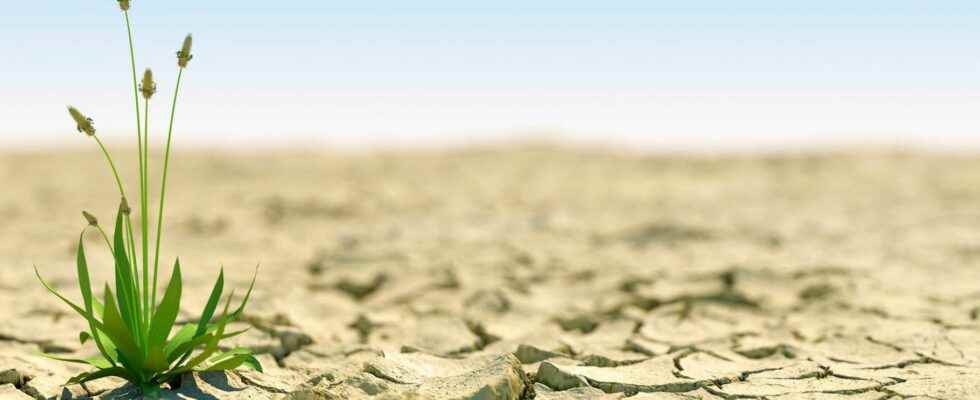In Spain, last winter, it rained some 40% less than normal. With this year’s early heat spells, the situation has gotten even worse. And the researchers are announcing today that global warming and its effect on the Azores anticyclone have something to do with it.
You will also be interested
[EN VIDÉO] Saving California from drought with solar energy Every year during the summer, California is plagued by drought. These water shortages handicap crops but give rise to innovative projects like WaterFX, intended to pump the precious liquid from the depths using solar energy. National Geographic Channel tells us more about this company in an excerpt from the Inventing the Future series. The next episode will air tonight, Friday, February 26, 2016, at 9:30 p.m.
The drought. Some will be tempted to say that Spain, just as much as Portugal, is used to it. That’s a fact. But researchers from the Oceanographic Institute of Woods Hole (USA) today report that the Iberian Peninsula has not been this dry for more than 1,000 years. In question, theAzores High and the transformations it is undergoing under the effect of global warming.
Recall that theanticyclone of the Azores, it is an area of high pressure which revolves over the North Atlantic. With significant effects on weather report in Western Europe. And the researchers found that this anticyclone has changed dramatically over the past century. Even about 200 years ago it began to grow, to expand. The trend has only accelerated. At the rhythm of our emissions of greenhouse gas.
Devastating effects to come
The effects on weather report of this widening of the Azores anticyclone have been recorded in particular in the stalagmites. For 1,200 years, winters in the western Mediterranean have been getting drier and drier. And according to researchers’ projections, precipitation levels are expected to drop another 10 to 20 percent by the end of the century. Because as long as our emissions greenhouse gas will not have slowed down, the Azores High will continue to expand.
The trouble is that winter rains are particularly important for the ecological and economic health of Portugal and Spain. Without them, areas suitable for viticulture, for example, could almost completely disappear by 2050. Olive production could drop by 30% by 2100.
Interested in what you just read?
